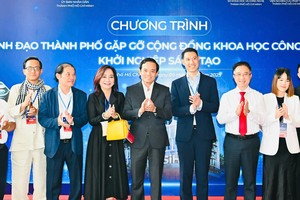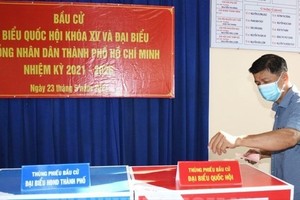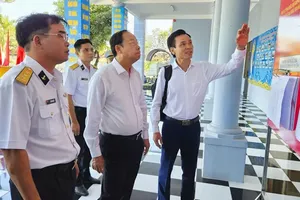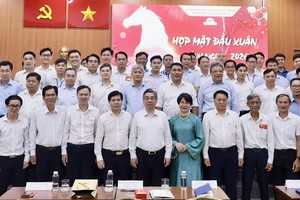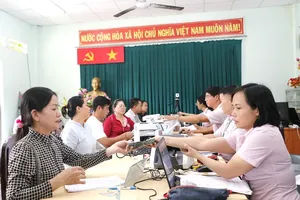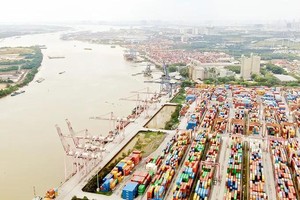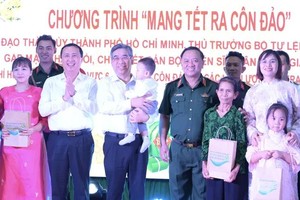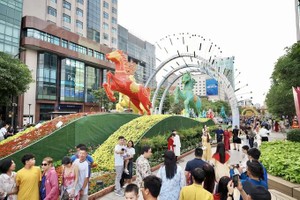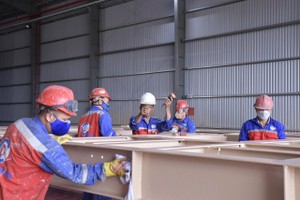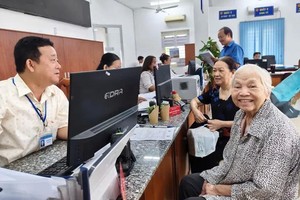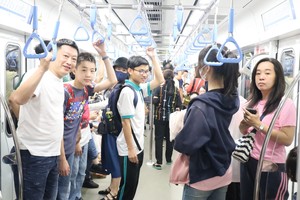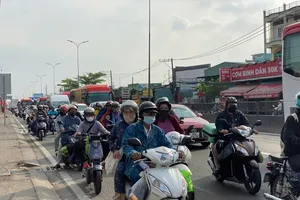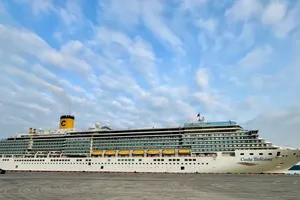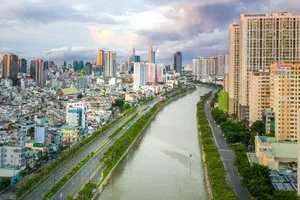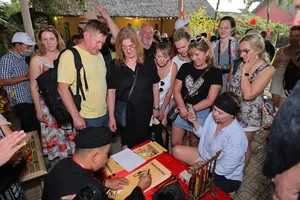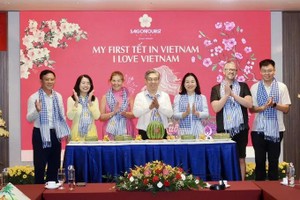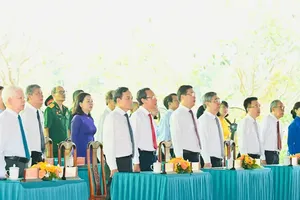The working session focused on expanding the city’s rail network.
Six railway lines to be invested in during the 2025–2030 term
Reporting on the development of the city’s rail network, Director of the Ho Chi Minh City Department of Construction Tran Quang Lam said that the national railway network in Ho Chi Minh City, approved by the Prime Minister, includes seven routes with a total length of 547 kilometers. The city’s urban railway network comprises 27 routes with a total length of 1,024 kilometers.
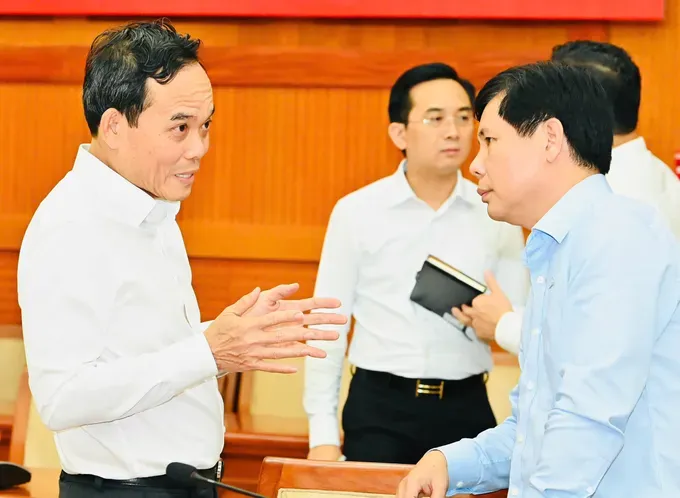
By 2030, Ho Chi Minh City strives to complete approximately 232 kilometers of urban railway lines, with a preliminary total investment of about US$19.67 billion. Of this, six key projects are prioritized for investment and completion during the 2025–2030 term, including Metro Line 2 (Ben Thanh – Tham Luong segment); Metro Line 2 (Ben Thanh – Thu Thiem segment); Thu Thiem – Long Thanh railway; Binh Duong New City – Suoi Tien urban railway; Thu Dau Mot City – HCMC urban railway; Phase 1 of Metro Line 6 (Tan Son Nhat International Airport- Phu Huu); and Ben Thanh – Can Gio railway.
As such, central and Ho Chi Minh City funding is sufficient to cover around 66 percent of the capital demand for completing the 232 kilometers of urban railway lines.
The Director of the municipal Department of Construction recommended mobilizing additional resources through the development of TOD (Transit-Oriented Development) land funds and other financial sources.
He also proposed reviewing land reserves for railway construction projects implemented under public–private partnership (PPP) models using build–transfer (BT) contracts. In addition, he emphasized the need for a clear capital mobilization roadmap for developing the urban railway network to ensure sufficient funding that aligns with project schedules and investment timelines.
Additionally, Dr. Truong Minh Huy Vu, Director of the Ho Chi Minh City Institute for Development Studies, proposed that Ho Chi Minh City should promptly finalize plans to mobilize investment capital for the city’s urban railway network. He also suggested establishing a state-owned Urban Railway Corporation, fully funded by the Ho Chi Minh City People’s Committee, to oversee investment, management, operation and utilization of the city’s urban railway system.
Speaking at the working session, Chairman of the Ho Chi Minh City People’s Committee Nguyen Van Duoc called for the selection of capable investors and a comprehensive review of the city’s railway network plan to align with HCMC’s new urban layout. The revised plan should be integrated into the city’s master plan and reflected in adjustments to Ho Chi Minh City’s 2021–2030 development plan with a vision toward 2050.
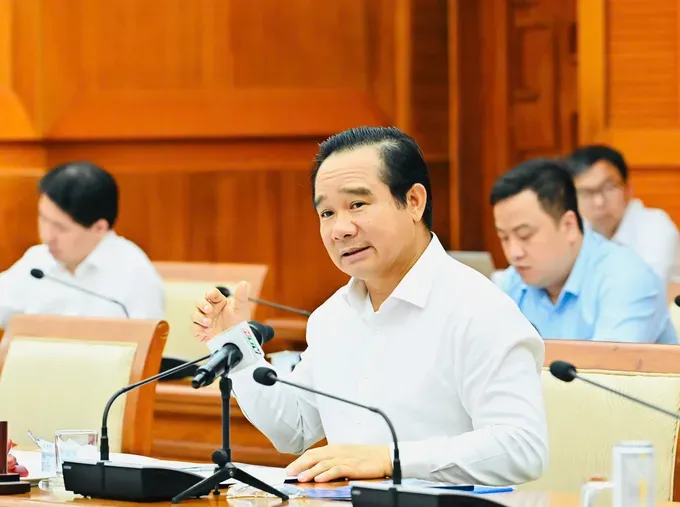
At the same time, HCMC Chairman Nguyen Van Duoc has instructed to review, organize the planning, appraisal, approval and adjustment of urban development areas following the Transit-Oriented Development (TOD) model around metro stations and depots, in order to leverage these resources to support the city’s development.
Ben Thanh – Can Gio Line to begin construction in December 2025
Delivering his concluding remarks at the working session, Ho Chi Minh City Party Secretary Tran Luu Quang emphasized that the city will focus on implementing six urban railway lines and two additional lines assigned by the central government.
For the six metro lines in the city, three are top priorities to be completed by 2030, including Metro Line 2 (Ben Thanh – Tham Luong), Metro Line 2 (Ben Thanh – Thu Thiem) and the Thu Thiem – Long Thanh railway.
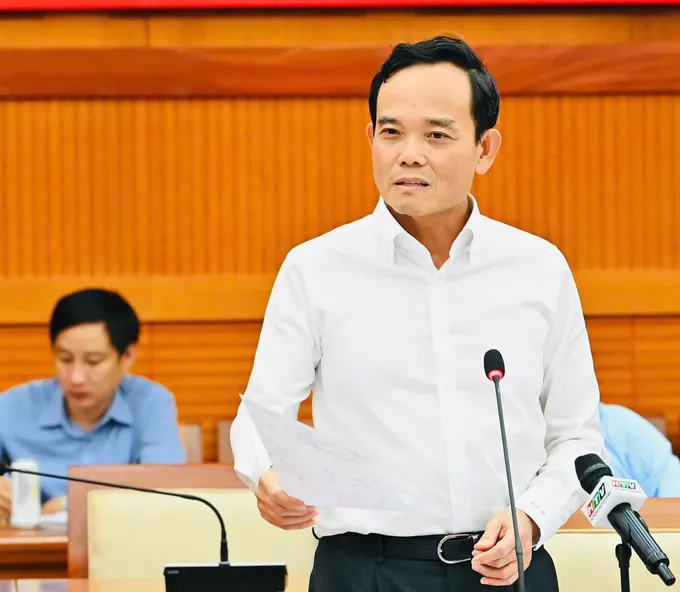
The Party Secretary tasked relevant departments and agencies to coordinate with investors to ensure the groundbreaking of the Ben Thanh – Can Gio line on December 19, 2025. Departments and agencies are required to accelerate work and carry out multiple tasks simultaneously, avoiding delays, and ensuring the construction starts on the scheduled date.
Regarding the construction of resettlement areas, Secretary of the Ho Chi Minh City Party Committee Tran Luu Quang emphasized the priority of allocating resettlement housing according to each project.
